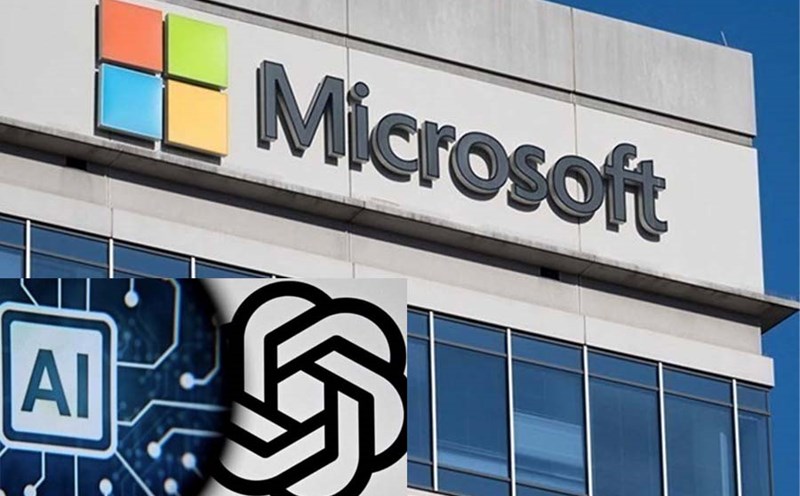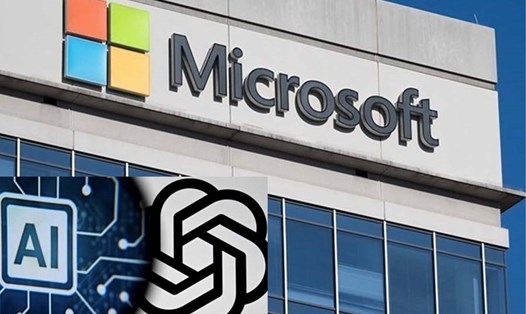This film raises a question that has existed since ancient times: "So who will guard the guards?". The core of this philosophical question is about power and responsibility. In the Watchmen world, heroes are also human with their flaws and this saying raises the issue of who is the one to supervise and control their actions to ensure they do not abuse their power.
In this era where artificial intelligence is thriving, it seems like a similar question being asked: Who will monitor AI?. AI is proving its power and profound impact on life. The problem is how to control it. For example, the story of copyrighted works of art. The musician friend said: "Yesterday I tried a command for AI to compose and it worked. The music sounded very good, I found myself and other colleagues in it. So, if this song is passed down, who owns the copyright? Because I'm the one giving the command or is it AI?"
It turns out that in that context, the question "Who owns the copyright of AI works?" is no longer an academic issue but has become the hottest legal - economic - ethical problem today. As AI becomes increasingly intelligent, protecting copyright is increasingly urgent; if there is no tight legal framework soon, we can easily face the risk of copyright chaos. Currently, generative AI technology is trained through a huge data warehouse of billions of works of music, literature, painting, image and video - mostly created by humans. The problem lies in the fact that many authors are completely unaware that their works are being used to "adult" AI, and there is no mechanism for permission or payment for copyright.
When AI creates a new song based on Beethoven's style, or paints a painting with a UNESCO feel, does that product violate the original copyright? When an AI writes an article in the style of a famous writer, does it violate the unique "creative imprint"?
Many countries have soon affirmed a fundamental principle: AI cannot be the author. copyright laws of the United States, the UK, Japan, and the European Union all agree that the author must be a humane subject. Products without human intervention, selection, and creative editing cannot be copyrighted.
Now is the time, the need to perfect the legal framework on copyright related to AI becomes urgent. Vietnam is amending the Law on Intellectual Property and developing the Law on Artificial Intelligence. This is a great opportunity to take a step forward, avoid falling into a passive position when the dispute flare up en masse.
And importantly, it cannot be a philosophical question of "who will guard the guards" but also protects core values: The law must not only keep up with technology, but also protect the intelligence, labor and creativity of people - the irreplaceable foundation of all progress.










